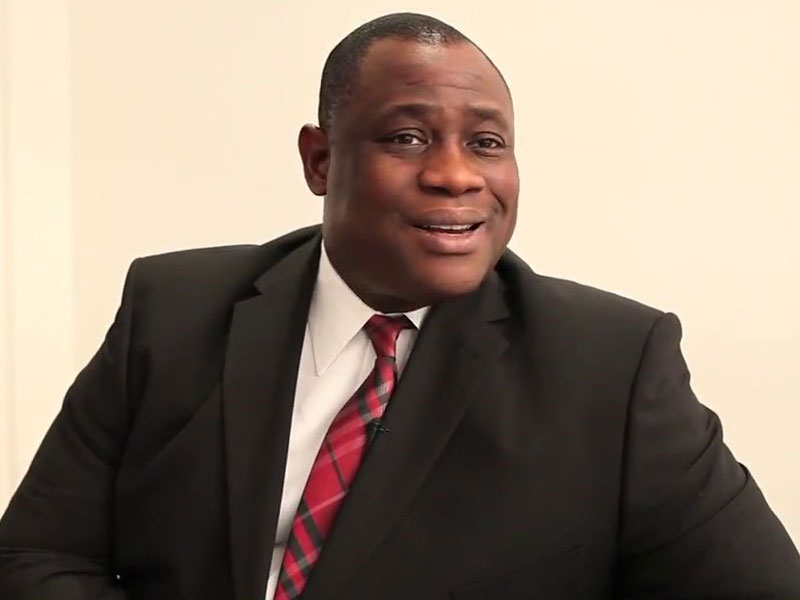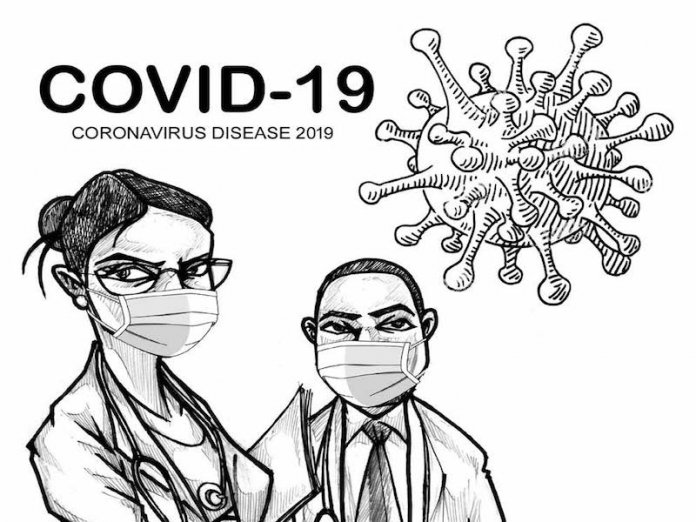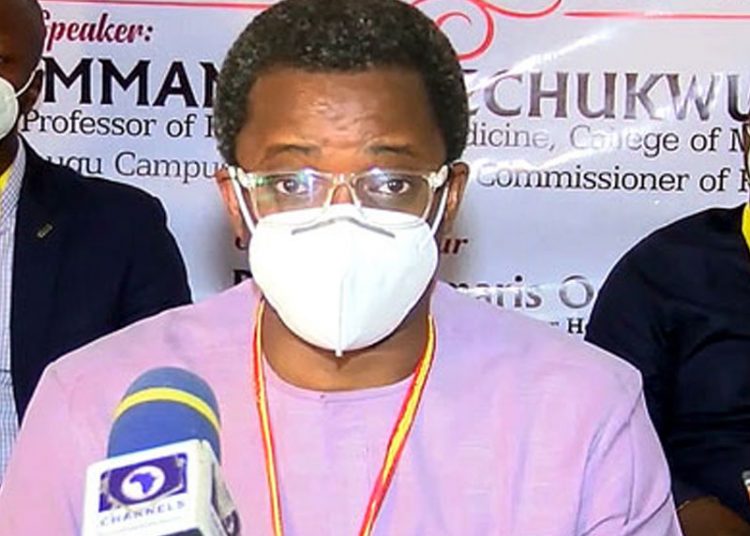Health experts have called on stakeholders in the health sector and governments to take advantage of the COVID-19 pandemic to reverse the growing trend of medical tourism by Nigerians.
Stating this during the Ernst and Young (EY) Healthcare Webinar held recently, they said the pandemic has accelerated the world’s path to a digital age, as well as improved the adoption of telemedicine even in Nigeria.
Sharing his thoughts, the Director, Consulting, EY West Africa, Dr Tosin Oshinubi said: “There are five main forces driving the disruption and convergence we are seeing in the healthcare sector and they include; increased healthcare spending, rise of super consumers, disruptive role of technology, emergence of non-traditional players in the field of healthcare and the COVID-19 pandemic.
“The Internet has democratised access to healthcare information thereby empowering consumers who are also influenced by the disruption in other sectors such as banking and retail. This provides opportunity to reverse the medical tourism trend in Nigeria.”
According to him, to remain resilient and relevant amidst the disruption, healthcare providers need to optimize current business model without compromising on the quality of patient care leveraging data and technology.
On his part, the Commissioner for Health, Lagos State, Prof. Akin Abayomi said this disruption has given the state a severe wake-up call, and that it has gone back to the drawing board to think about moving forward for full convergence.
He said: “An example of a convergence is the One Health Paradigm in Lagos which is a combination of several ministries, the Ministry of Health, the Ministry of Environment, the Ministry of Agriculture, the Ministry of physical and government planning and the Ministry of Justice. It is important that these ministries don’t work in Silos and they converge to achieve the one health approach as described by the World Health Organisation (WHO).
“Another important convergence is the one between public and private sector, as 70 per cent of Lagos residents seek their medical care in the private sector. Hence, it is important that the government take its responsibilities as regulators to ensure that the public is protected from abhorrent practices in the private sector and ensure harmonious standards and regulatory compliance in the private sector.”
The Executive Vice Chairman, Bridge Clinic and Chairman Lagos State University Teaching Hospital (LASUTH) Board, Dr. Richardson Ajayi said for the country to improve its healthcare, it must focus on investing in platforms rather than doctors, noting that a platform is a system where you have many doctors coming together to form a group practice and drive the revenue objectives of the business.
“We must niche opportunities like specialties that drive inbound medical tourism such as cancer care, cardiac care, among others. Healthcare investors in Nigeria need to look at investment with a long-term horizon, because the traditional private equity model is dangerous in the market,” he added.









